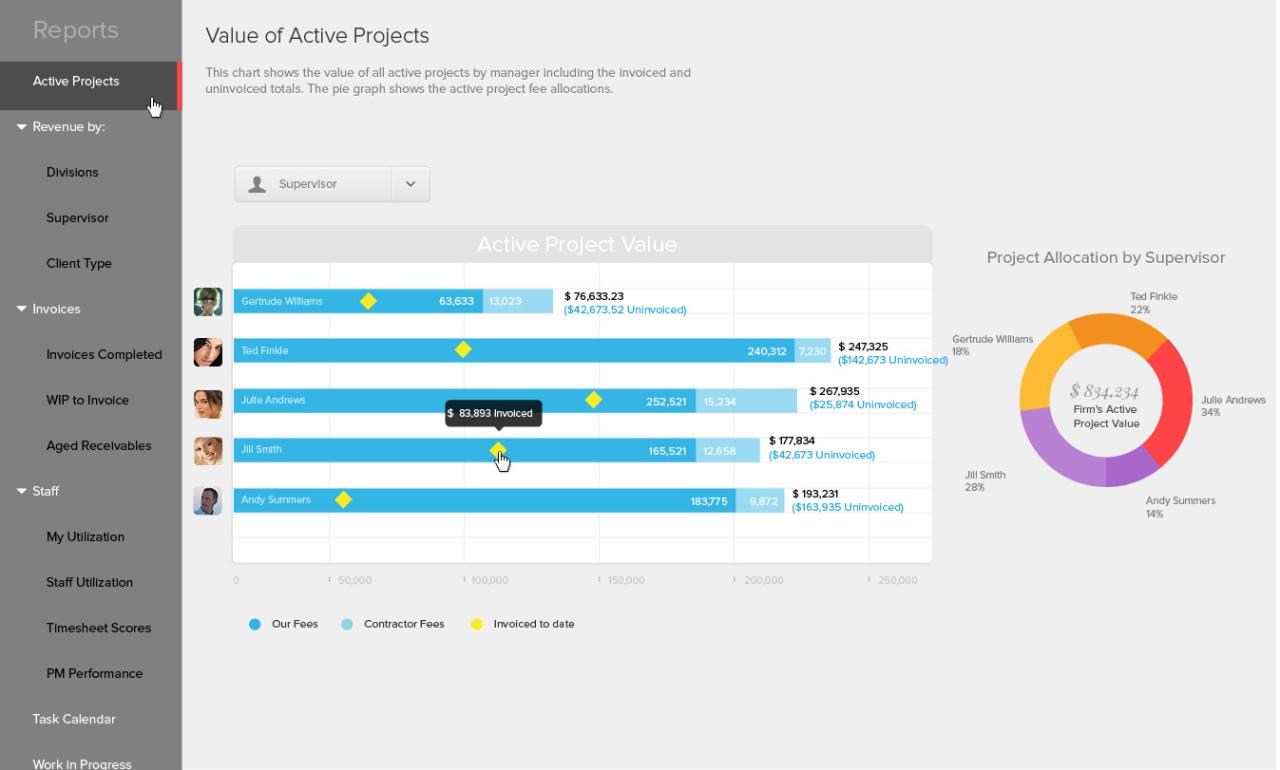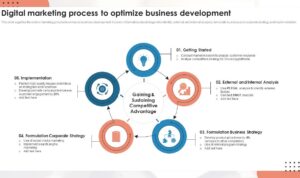Business Intelligence for Human Resource Management is an essential domain that empowers organizations to make informed decisions regarding their workforce. In an era where data-driven strategies reign supreme, HR departments are increasingly harnessing the power of business intelligence to enhance employee engagement, streamline operations, and optimize talent acquisition. By analyzing various data points, businesses can uncover insights that drive better recruitment practices, training programs, and overall employee satisfaction.
This approach not only facilitates strategic planning but also enhances the effectiveness of HR functions by providing a clearer understanding of employee performance and workforce needs. As companies navigate the complexities of the modern workplace, integrating business intelligence into human resource management becomes pivotal in fostering a thriving organizational culture.
The world we live in today is constantly evolving, shaped by technological advancements, societal changes, and the ever-increasing pace of life. As we navigate through this intricate web of modernity, it becomes essential to pause and reflect on the various elements that contribute to our daily experiences. This article aims to delve into several critical aspects of contemporary life, exploring how they interconnect and influence our existence.
One of the most significant changes in recent years has been the advent of technology and its impact on communication. With the rise of smartphones and social media platforms, the way we interact with one another has transformed dramatically. In the past, a simple phone call or face-to-face conversation was sufficient to maintain relationships. Today, we find ourselves inundated with notifications, messages, and updates from various channels, leading to both enhanced connectivity and, paradoxically, a sense of disconnection.
The speed at which information travels is another defining characteristic of our era. News, whether good or bad, can spread like wildfire across the globe within minutes. This immediacy raises concerns about the reliability of information as we are often bombarded with unverified news and sensational headlines. As consumers of information, it is crucial for us to develop a discerning eye, critically evaluating the sources of the content we consume and sharing only verified information with others.
Moreover, the digital landscape has significantly altered the way we conduct business. E-commerce has surged in popularity, especially in light of the recent global pandemic, which forced many brick-and-mortar stores to close temporarily. Consumers now have the luxury of browsing products online, comparing prices, and having items delivered directly to their doorsteps. While this convenience is undeniably appealing, it also presents challenges for traditional retailers who must adapt to the evolving market dynamics.

Another noteworthy change is the increased emphasis on sustainability and environmental consciousness. As we become more aware of the impact of our choices on the planet, there is a growing demand for sustainable practices across various industries. From eco-friendly packaging to renewable energy sources, businesses and consumers alike are striving to minimize their carbon footprint. This shift is not merely a trend; it reflects a fundamental change in our values and priorities as a society.
Education, too, has undergone a transformation in response to the digital age. With the rise of online learning platforms, access to education has expanded beyond traditional classrooms. Students can now participate in courses offered by institutions around the world, breaking down geographical barriers that once limited educational opportunities. However, this shift also raises questions about the quality of education, the importance of face-to-face interactions, and the skills necessary to thrive in a rapidly changing job market.
As we continue to adapt to these changes, mental health has emerged as a crucial topic of discussion. The pressures and expectations of modern life can lead to increased stress, anxiety, and feelings of isolation. It is essential for individuals to prioritize their mental well-being by seeking support, whether through therapy, mindfulness practices, or simply taking time for self-care. Acknowledging the importance of mental health is vital for fostering a balanced and fulfilling life.
Furthermore, the concept of work-life balance has become increasingly relevant. The lines between professional and personal lives have blurred, particularly with the rise of remote work. While remote work offers flexibility and convenience, it can also lead to burnout if individuals struggle to set boundaries. It is crucial for employees and employers alike to cultivate a culture that values well-being and recognizes the need for downtime.
As we navigate these complexities, the importance of community cannot be overstated. In an age where digital interactions often take precedence, nurturing real-life connections is essential for our overall happiness and fulfillment. Whether through local events, volunteer work, or simply spending quality time with loved ones, fostering a sense of belonging can significantly enhance our quality of life.
In conclusion, the contemporary landscape is characterized by rapid changes and evolving dynamics that influence nearly every aspect of our lives. From technology and communication to sustainability and mental health, it is imperative that we remain adaptable and open-minded in our approach to these transformations. By embracing these changes and prioritizing our well-being and community connections, we can navigate the complexities of modern life with resilience and purpose.
FAQ Overview: Business Intelligence For Human Resource Management
What is Business Intelligence in HR?
Business Intelligence in HR refers to the use of data analysis tools to support human resource functions, allowing organizations to make informed decisions about their workforce.
How can Business Intelligence improve employee engagement?
By analyzing employee data, organizations can identify engagement levels and tailor initiatives that foster a more satisfying work environment.
What tools are commonly used in HR Business Intelligence?
Common tools include HR analytics software, data visualization platforms, and employee feedback systems that help in the analysis and presentation of workforce data.
Is Business Intelligence only for large companies?
No, businesses of all sizes can benefit from implementing Business Intelligence practices to better understand and manage their human resources.
What are the challenges of using Business Intelligence in HR?
Challenges may include data privacy concerns, integration of systems, and the need for skilled personnel to interpret and act on the data.





